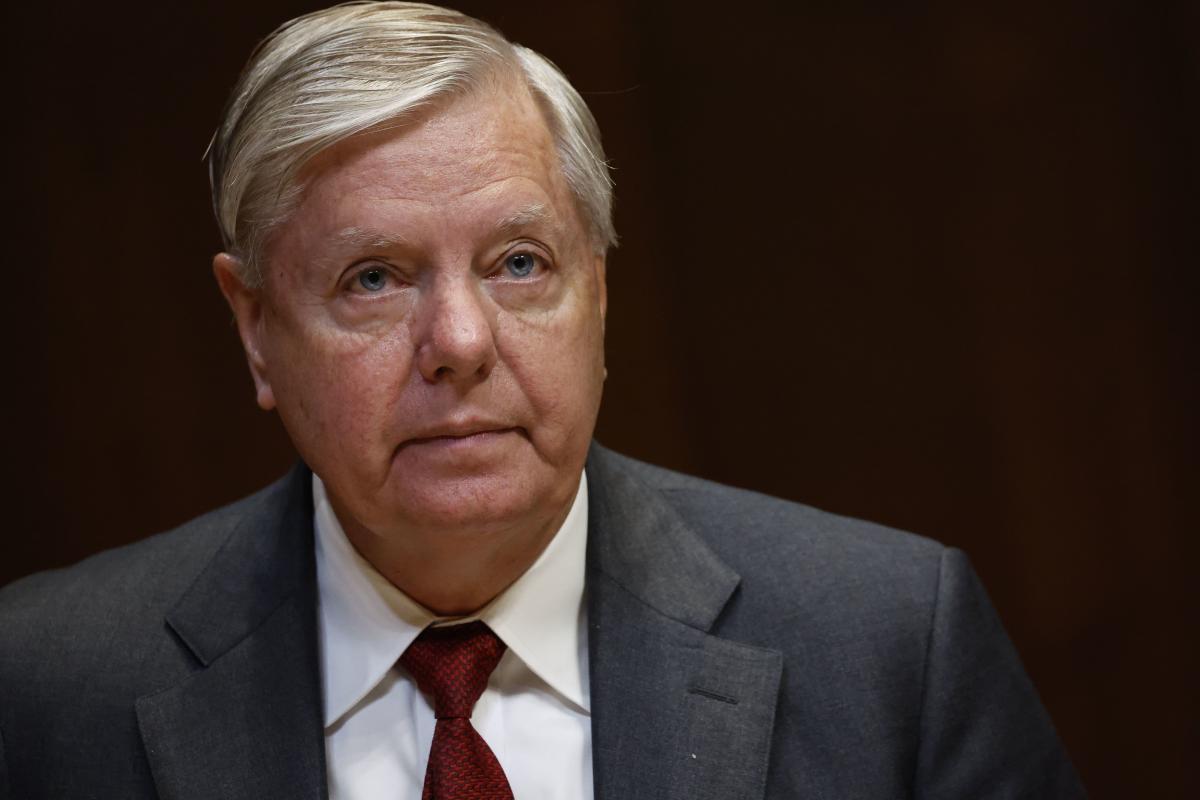
(Bloomberg) — Senator Lindsey Graham renewed his effort to convince a federal judge that phone calls he made to Georgia’s top election official after Donald Trump lost the 2020 presidential contest were just part of his job.
Most Read from Bloomberg
The South Carolina Republican is seeking to avoid or limit his testimony before a Georgia grand jury investigating efforts by Trump and his allies to overturn his loss in the key swing state. On Wednesday, Graham filed a brief in court expanding on his argument that two calls he made to Georgia Secretary of State Brad Raffensperger after the election are protected by the US Constitution’s Speech or Debate Clause.
“The Constitution guarantees that a Senator ‘shall not be questioned’ about his protected ‘Speech or Debate’ — and yet the District Attorney insists that Senator Graham must submit to questioning to ascertain whether he can be questioned or is immune from questioning,” Graham’s lawyer, Brian Lea of Jones Day, said in the filing. “That makes no sense.”
Fulton County District Attorney Fani Willis has argued that Graham’s testimony about the calls is crucial to the ongoing investigation and involves conduct that is beyond general protections shielding members of Congress from having to testify about their legislative activities.
Graham hasn’t been accused of wrongdoing.
US District Judge Leigh Martin May rejected that argument earlier this month, denying Graham’s motion to quash a subpoena and ordering him to testify. But an appeals court put the ruling on hold and referred the case back to May for additional arguments on whether the clause applies to his calls.
Raffensperger, who is also a Republican, has said the senator appeared to suggest in the calls that certain mail-in ballots could be discarded.
Willis has until Aug. 29 to respond to Graham’s filing. A phone call to her media line wasn’t picked up.
Graham argued in the filing that the phone calls were part of his broader investigation into the 2020 election to inform his vote under the Electoral Count Act. The senator, who ultimately voted to confirm President Joe Biden’s victory, said the phone calls also helped inform proposed legislation, making them “quintessentially protected legislative activity.”
Graham “had a right and duty to run down” allegations of voter fraud before deciding whether to certify Biden, he said.
(Updates with detail from the senator’s filing.)
Most Read from Bloomberg Businessweek
©2022 Bloomberg L.P.




